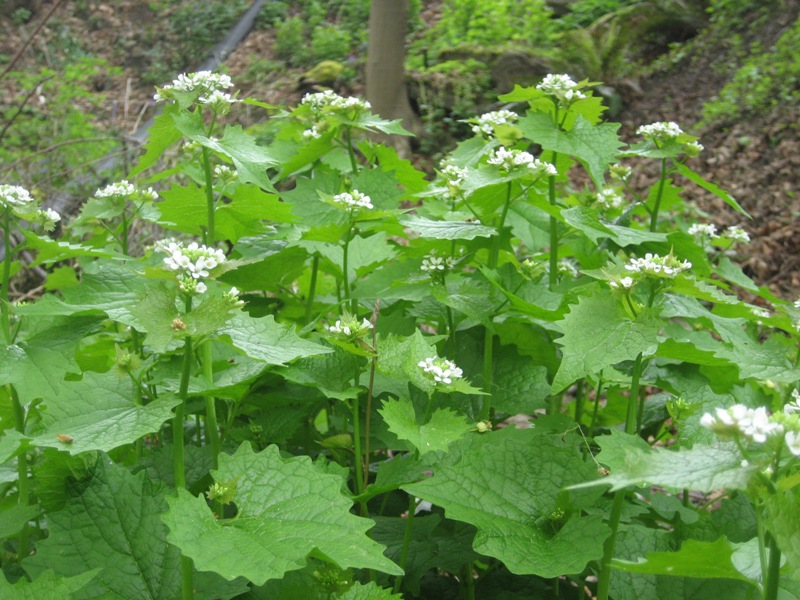ssiguy2
Senior Member
Trees effect a lot of things in the urban realm but transportation is not one of them. This is a transportation forum so a discussion of trees should go to another forum.
Trees effect a lot of things in the urban realm but transportation is not one of them. This is a transportation forum so a discussion of trees should go to another forum.
The (Queen's) park is nearly an enclave of the University of Toronto, which occupies most of the surrounding lands. In 1859, the land was leased by the University of Toronto to the City of Toronto for a 999-year term. In 1880, a "portion of the Queen's Park [was] selected [and given to] the Government of Ontario, as a site for the erection of new Legislative and Departmental buildings". The land that is occupied by the Legislative Assembly of Ontario is owned by the Government of Ontario. The north park is owned by the University of Toronto and leased to the city. Ministry buildings of the Ontario government occupy other properties to the east of the park, in an area between Wellesley Street and Grosvenor Street. While not adjacent to the park, the Royal Ontario Museum and the Gardiner Museum are located nearby.
Britain must plant billions of trees, says Committee on Climate Change
Emily Gosden, Energy Editor | Ben Webster, Environment Editor
May 2 2019, 12:01am,
The Times
Almost three billion trees must be planted by 2050 to end Britain’s contribution to global warming, the government’s climate advisers have said.
The landscape needs to be transformed and peoples’ habits will have to change drastically to reduce greenhouse gas emissions to “net zero” by the middle of the century, the Committee on Climate Change (CCC) says.
Consumption of beef, lamb and dairy will need to fall by a fifth, while flying is likely to become more expensive.
A fifth of farmland must be turned into forest, peatland or used for biomass crops and 200,000 miles of hedgerows will need to be grown.
The independent committee is chaired by the Tory grandee Lord Deben, John Gummer, who served as agriculture minister under John Major.
Its report recommends banning sales of new petrol and diesel cars by 2035 at the latest. It also calls for domestic gas boilers to be replaced with green alternatives. Low-carbon electricity supplies need to quadruple, potentially by building about 6,000 more offshore wind turbines, the advisers say.
MPs last night approved a non-binding motion, tabled by Jeremy Corbyn, urging the Commons to declare an environment and climate emergency.
Michael Gove said the forthcoming Environment Bill would mark a “step change in how this country tackles the twin challenges of climate change and our broader ecological degradation”.
The environment secretary said the government would “dramatically accelerate” tree planting and redirect farming subsidies after Brexit to pay landowners to create new forests.
In its report, which was requested by the government, the CCC says that Britain’s existing legal obligations under the Climate Change Act — to reduce emissions by 80 per cent on 1990 levels by 2050 — should be amended to net zero by that year, meaning even steeper emission reductions and that remaining emissions are balanced by sucking carbon from the atmosphere.
The committee says the target is necessary to meet the Paris climate agreement, which seeks to limit warming to 1.5C above pre-industrial levels to avoid dangerous climate change.
Chris Stark, chief executive of the CCC, urged the government to legislate “as soon as possible” for net zero but warned: “It is not credible to set this target unless there is a very significant change in the policies to deliver it.”
The plans will require tens of billions of pounds of investment each year, or up to 2 per cent of GDP, but these costs are “manageable”, the CCC says. Consumers would, however, face more disruption than from previous green policies, for example through the replacement of gas heating systems with alternatives such as hydrogen boilers.
Greg Clark, the business secretary, said the report “sets us on a path to become the first major economy to legislate to end our contribution to global warming entirely”. The government said it would respond to the CCC’s recommendations in due course.
Among the most eye-catching proposals is the recommendation that 30,000 hectares of trees should be planted each year, treble current rates. Based on 3,000 saplings per hectare, that would entail 2.7 billion trees being planted by 2050, or 90 million a year. The eventual number of mature trees would be lower due to thinning.
Scotland should aim for net zero emissions by 2045, partly because of its greater capacity to plant trees. Wales was set a target of a 95 per cent reduction by 2050 because emissions from sheep farming would be hard to reduce.
Mr Gove expressed doubts about bringing forward its target for ending sales of petrol and diesel cars from 2040 “because that’s the basis on which people have been making the investments necessary to transform the automotive industry”.
As a minister in 1990, Mr Gummer famously fed his young daughter a beefburger on TV during the BSE crisis.

You would think that conserving the environment would be a conservative talking point if you detached politics and self-interests from ideological belief structures.Note the difference between UK Conservatives on environmental matters and the parties in Canada laying claim to the same name.
Agreed. It just so happens that transportation infrastructure are the sexiest and most discussed threads.Infrastructure encompasses watermains, sewers, trees, electrical wire, and a host of other things. The word and in title implies this forum is about something other than transportation in addition to the preceding.
For a nation that size "billions" is an almost unimaginable number. But it illustrates the immensity of the task. In all deference to the UK, for all their concentrated density, greenbelts and reserves are plentiful...but evidently, they also realize that's not enough.You would think that conserving the environment would be a conservative talking point if you detached politics and self-interests from ideological belief structures.



One more note. For those who enjoy seeing native wildflowers in bloom.
Trilliums are in full bloom across Toronto and down to Niagara Region right now.
They will begin to fade next week in Niagara, and in about 10 days in Toronto.
From the USDA website, a reminder of our provincial emblem.

My trillliums are not out yet.My wife and I have a tradition where we go running through Jefferson Forest in Richmond Hill on Mother's Day. The trilliums there are spectacular, though this year with the colder spring they weren't in full bloom.
Has anybody else noticed that the City seems to have gone crazy with the 'tree-bags' recently?
View attachment 189833
Certainly a good idea but the City seems to be installing them on quite mature trees and one sees VERY little sign of anyone actually filling them up with water! Most one sees are dry as a bone.
With the amount of rain we had this year I don't think we even need those bags lol (maybe that's why they aren't filling them?).
On another note they did plant a bunch of trees at the local park with these bags and I did see crews filling them up once every 2-3 weeks last summer but I don't think it was frequent enough. If there is no real rainfall I'd think those bags should be filled once a week in the dead heat of summer.





